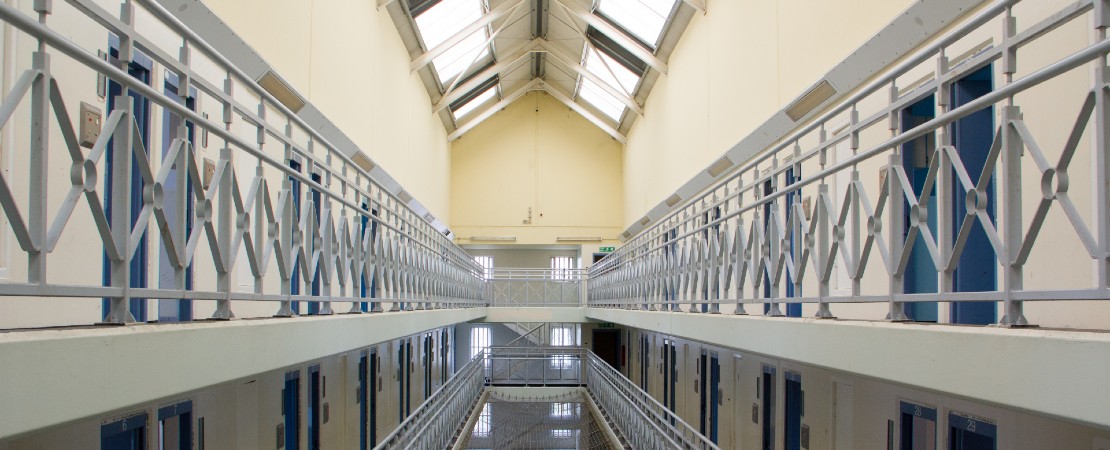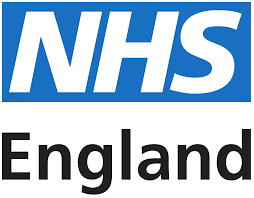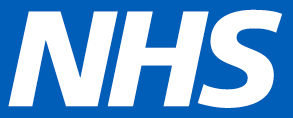
We monitor, maintain and support continuous improvement of clinical and supply pharmacy services across 24 secure sites in the South East of England.
Challenge
We were commissioned by NHS England (NHSE) Health and Justice (H&J) to provide medicines optimisation support service to all twenty-four His Majesty's Prison and Probation Service (HMPPS) sites, Immigration Removal Centres (IRC) and Secure Children’s Homes (SCHs) across the South East region. There are unique challenges in optimising medicines for individuals in secure environments, including:
- individuals accessing prohibited substances risk
- diverting /trading prescribed medicines risk
- security issues
- and the provision of medicine continuity.
These challenges are compounded by complex commissioning and contracting models with a multiplicity of providers for prison pharmacy and healthcare services, which invariably lead to variations in the quality and level of pharmacy service provision.

What we did
We support pharmacy providers to optimise the standards in medicines management and medicines optimisation activities following the Royal Pharmaceutical Society (RPS) Professional standards on Optimising Medicines in Secure Environments; and assure H&J commissioners that the use of medicines within secure environments is effectively managed; and to ensure patients receive medicines safely and appropriately.
The project was divided into three phases.
Phase one - desktop analysis
We conducted a desktop analysis of medicines supply and clinical pharmacy services at all twenty-four sites using an online questionnaire. Responses from the online questionnaire were extracted onto individual site portfolios and assessed for areas of good practice and areas requiring further improvement. A full-service mapping was also conducted to provide a regional overview. Service Level Agreements (SLAs) for twelve sites were reviewed and compared against the Primary Care Service Specifications Medical and Nursing Prisons in England (2020) and the RPS standards to identify gaps in commissioned services.
Phase two - site visits, Patient Group Direction (PGD) compliance, Regional Peer Support Network and prescribing dashboard
We carried out site visits to validate findings from the desktop analysis, in which our objectives were to:
- assess pharmacy service provision against good practice standards, as outlined in the RPS standards;
- identify areas of good practice and areas that require further improvements; and
- support pharmacy providers in developing and implementing action plans for quality improvement.
We also undertook the following activities during phase two:
- We supported pharmacy providers to self-assess their PGD compliance and to ensure that private pharmacy providers have systems in place to authorise PGDs so they can be used nationally.
- Working with our BI analysts, we developed a prescribing dashboard for all the prison sites in the region. This was the first of its kind and was based on historical data for 2020/21 and 2021/22. The dashboard provided insights into the prescribing trends and patterns in the secure environment in the South East.
- We launched a Regional Peer Support Network which is a shared platform for healthcare professionals working within the H&J setting in the South East region. The network aims to support collaborative working and will form an area for sharing best practice.
- We organised and hosted several shared learning sessions and invited pharmacy providers and H&J national team to share ideas and good practice.
Phase three – continual support and monitoring
We provided continual support in monitoring the implementation of action plans and carried out further visits to sites where additional support was required.
Activity
Medicines optimisation
Analytics and business intelligence
Developed a prescribing dashboard for all the prison sites in the region
Outcome
From the site visits conducted, individual action plans for each site were developed by sites from the recommendations provided by the project team. The various activities undertaken throughout this project have:
- provided opportunities for shared learning between different sites/ pharmacy providers;
- supported the pharmacy providers with structured improvement plans; and
- provided the commissioners with assurance that services are being delivered following national standards; and
- supported the continual improvement in the standards of patient care in a secure environment, so they receive the same care as those in the community.
Principles of Medicines optimisation that apply:
Principle 1: Aim to understand the patient’s experience
Principle 2: Evidence-based choice of medicines
Principle 3: Ensure medicines use is as safe as possible
Principle 4: Make medicines optimisation part of routine practice






